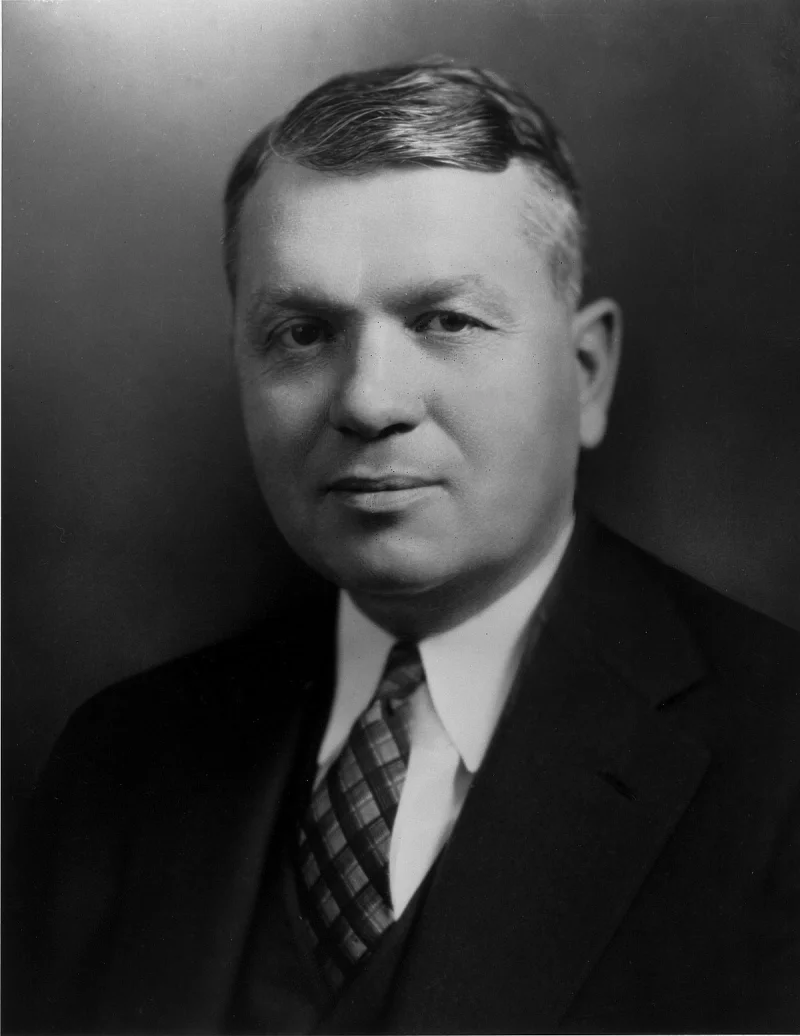Short Summary
Macfarlane Burnet was an eminent Australian virologist and immunologist, celebrated for his pioneering work in immunology. His research significantly contributed to understanding the immune system and the nature of viruses. He was awarded the Nobel Prize in Physiology or Medicine in 1960 for his work on acquired immunological tolerance, which laid the foundation for organ transplantation. Burnet's legacy endures in the scientific community for his extensive contributions to medical science.
Early Life & Education
Frank Macfarlane Burnet was born on September 3, 1899, in Traralgon, Victoria, Australia. He was the second of seven children in a family that valued education and intellectual pursuits. Burnet attended Geelong College and later enrolled at the University of Melbourne, where he studied medicine. Influenced by his early interest in natural sciences and the support of his family, he graduated with a Bachelor of Medicine and Bachelor of Surgery in 1923. Burnet's early exposure to the intricacies of biology and medicine set the stage for his future career in scientific research.
Career Highlights
Burnet's career was marked by significant contributions to virology and immunology. He began his career at the Walter and Eliza Hall Institute of Medical Research in Melbourne, where he focused on bacteriophages and viruses. His work led to the discovery of the principles of clonal selection in the immune system, a groundbreaking concept that explained how the body recognizes and remembers pathogens. Burnet's tenure as director of the institute from 1944 to 1965 was marked by numerous scientific breakthroughs, including his Nobel Prize-winning research on immunological tolerance. He authored several influential books and papers, cementing his status as a leading figure in medical research.
Major Achievements
- Developed the theory of clonal selection, revolutionizing the understanding of the immune system.
- Won the 1960 Nobel Prize in Physiology or Medicine for work on acquired immunological tolerance.
- Pioneered research in virology, contributing to the understanding of viral infections and immunity.
- Served as director of the Walter and Eliza Hall Institute, fostering significant scientific advancements.
- Authored numerous influential scientific publications and books on immunology and virology.
Famous Quotes
- "The history of science is the saga of nature defying common sense."
- "Science is not a sacred cow. Science is a horse. Don't worship it. Feed it."
Interesting Facts
- Burnet was knighted in 1951 for his contributions to medical science.
- He was one of the first scientists to propose that viruses could cause cancer.
- His work on immunological tolerance laid the groundwork for modern organ transplantation.
- Burnet received numerous honorary degrees from universities around the world.
- He was a proponent of the idea that science should be accessible to the general public.
Legacy / Influence
Macfarlane Burnet's work fundamentally transformed the understanding of the immune system and its reactions to pathogens. His theories continue to underpin modern immunological research and have had profound implications for medical treatments, particularly in organ transplantation and vaccine development. His influence extends beyond the laboratory, inspiring generations of scientists and shaping public health policies worldwide.
FAQ
Q: Why is Macfarlane Burnet famous?
A: He is famous for his pioneering work in immunology, particularly the theory of clonal selection, and for winning the Nobel Prize in Physiology or Medicine in 1960.
Q: What did Burnet's research focus on?
A: His research focused on virology and immunology, including the nature of viruses and the immune system's response to them.
Q: How did Burnet's work impact organ transplantation?
A: His research on immunological tolerance laid the foundation for the development of techniques to prevent organ rejection in transplantation.
Q: Was Burnet involved in public health initiatives?
A: Yes, he advocated for science to be accessible to the public and influenced health policies through his research and writings.












